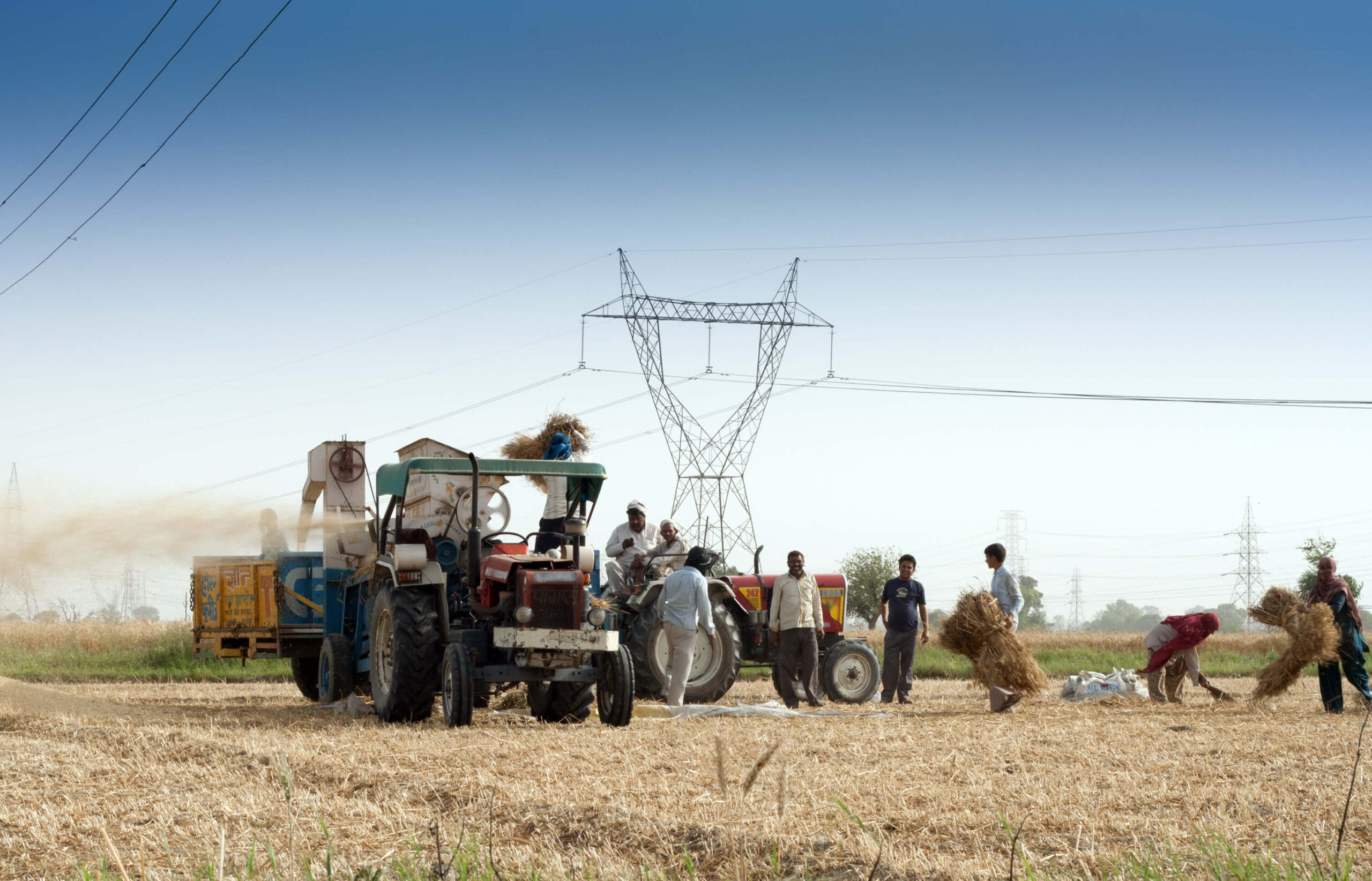Diesel engines used to power non-road equipment and vehicles, such as agricultural tractors and construction equipment, are a significant source of air pollutant emissions, especially particulate matter (PM) and nitrogen oxides (NOx). These emissions have significant societal impacts, contributing to poor air quality, negative human health impacts, and climate change. The emission-control strategy for non-road vehicles, including tailpipe emission standards and in-use compliance, often lags years behind that of heavy-duty vehicles, although the vehicles share many similarities in the design of diesel engines and exhaust emission control technologies. As a result of the quickly expanding market and better control of emissions for on-road vehicles, non-road vehicles will soon become the dominant source of air pollution in the world.
About the program
Recognizing the importance of controlling emissions from this source category, the ICCT’s non-road program conducts research to identify and promote cost-effective, cutting-edge technology, and contributes practical expertise to governments and other stakeholders engaged in designing, operating, and evaluating programs to advance the development of a cleaner non-road sector.
Our work in China focuses on tracking the emissions contributed by non-road mobile machinery, which is devoted to promoting the implementation of stricter non-road emission standards and earlier application of zero emission technologies in China as well as strengthening the compliance enforcement on both new production and in-use non-road mobile machinery, so as to ensure the steady reduction of in-use emissions from non-road sector.


